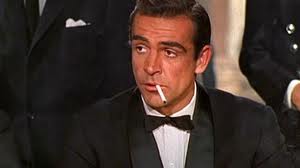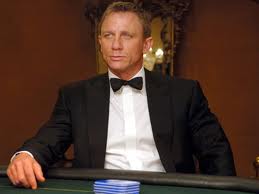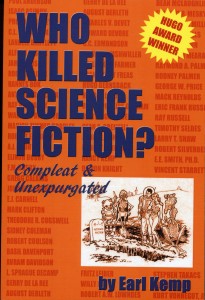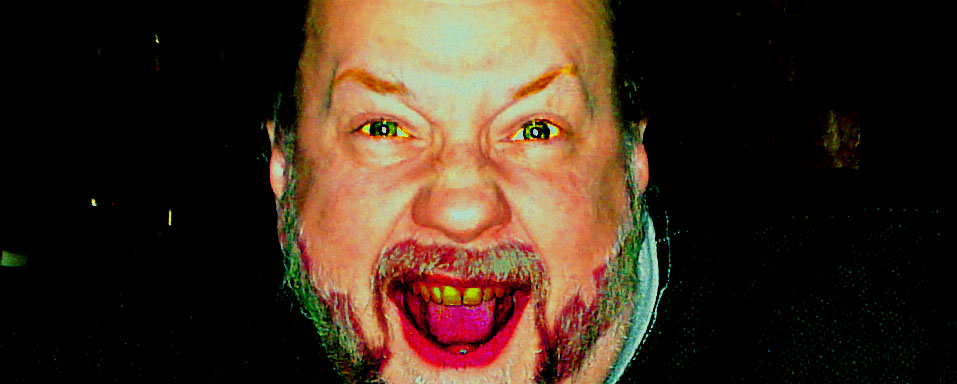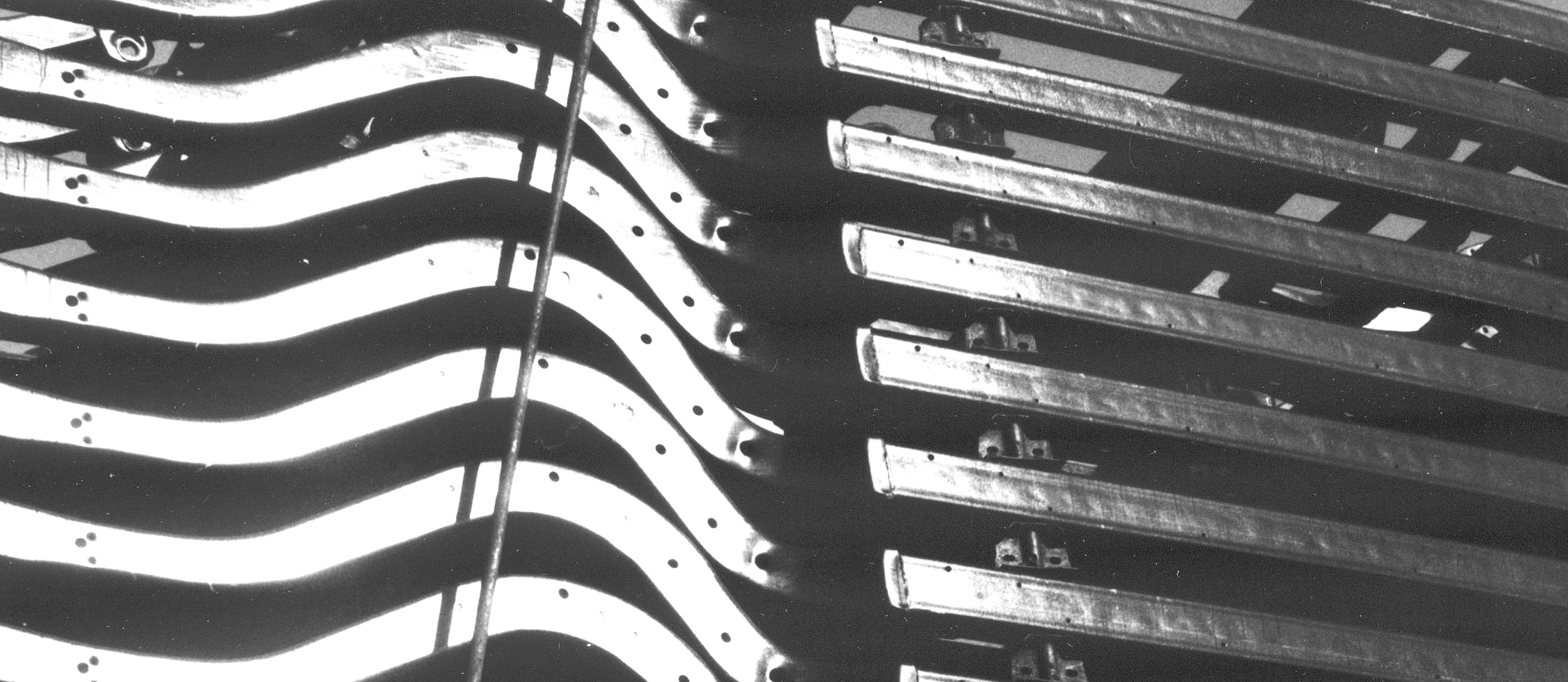There was a hardcover copy of a Mary Poppins book in my grade school library. I remember finding it and being very excited. Naturally, I’d seen the movie and I was already discovering how much better the books from which films were made could be. So I checked it out and took it home and that night opened it up and—
Took it back the next day, unfinished. To say it was nothing like the film is beside the point. To say I found no magic in it would be closer. But frankly, the Mary Poppins of P.L. Travers—of which we now are so vigorously concerned of late—I found to be a cold, humorless drudge who was obsessed with discipline. She was more like Mr. Banks from the film, who had to be saved from his stern, business-before-all attitude before he let all of life pass him by. I grant you, I was quite young—ten—and not, perhaps, the most patient of readers or the most perceptive, but the contrast was so sharp and jarring that I’ve never gone back. Travers’ Mary Poppins was no one I would have wanted anything to do with. That Walt Disney found something magical in these stories amazed me at the time.
Fast-forward to my erstwhile attempts at being a writer and the slight knowledge I’ve garnered about property rights and adaptations and so forth, and many things make much more sense now. The books were popular—not Harry Potter popular, not even close, but they sold—and there was presumably a market that could be exploited. It must have appeared to Uncle Walt to be an opportunity to do a little payback toward England, where his Peter Pan was barred by the tidy little trust Barrie had put together that guaranteed revenues for the orphanage to which the playwright was dedicated. Disney had gamed international copyright to make the film without cutting them in for anything and they successfully kept the product out of British markets (until only recently, when a new deal was cut, paving the way for, among other things, the wonderful Ridley Pearson and Dave Barry novels about Peter and the Lost Boys). Walt was snatching another British property and this time nothing would keep the film from English audiences.
And he saw something my ten-year-old self didn’t—a way to extract a Disney production from the elements of the stories.
But the result was so different from the source material, one must wonder why he didn’t just come up with something completely new on his own.
Well, at a guess, that name. Mary Poppins. (Especially the way Dick Van Dyke said it, in that exaggerated cockney accent.) And the setting. And the back story. Safer, maybe, to grab something whole from a long siege than risk opprobrium by cutting out a new set of characters and then being accused of plagiarism. Uncle Walt, after all, had an image to protect—his was part of an America trinity that included Abraham Lincoln and Santa Claus, honest, uncorrupted, generous, and pathologically well-meaning. In his calculus it must have seemed worthwhile only if he could show that everyone, from the creator to the audience, approved.
And he bloody well paid Travers enough for her work. Sixty thousand pounds, which would have worked out to roughly one hundred two thousand dollars, which, adjusted for inflation etc etc would be worth about three-quarters of a million today. Plus she got five percent of the box office gross.
She was, as they say, set.
Yet from all accounts the new film, Saving Mr. Banks, portrays Travers as just as difficult, odious, and perpetually disapproving as her signature character, granting Disney an aura of magnificent patience in dealing with this woman he seemed intent on making rich just by making Mary Poppins even more famous.
Why?
Because the fact is Travers went to her grave hating the film Disney made. He turned her work inside out, cut away large portions of it to leave in the bin, and concocted a musical mish-mash of mind-numbing magical mush which she reportedly loathed. The serious points she wanted to make in her stories got short-shrift, the “proper British household”(which she rather admired, especially being the daughter of a man who struggled for the position of Mr. Banks but lost it, only to die prematurely when Travers was six) was held up to ridicule, and Mary herself came off closer to an Edwardian jet-setter than the nanny who could fix anything Travers intended.
Mary Poppins was a creation from her childhood. She had grown up with this character, it was part of her DNA, so to speak. Disney worked at getting the rights to make the film for 20 years. Can anyone fault Travers for being protective? Indeed, obsessively so? This is something most writers understand in their bones—it is their work, no, it is their being which is, depending how you view it, either being praised or raped.
The success of the film did not hurt. She published more Mary Poppins books after it came out, among other things, but she never agreed to another Disney adaptation. At a guess, at a minimum, she must have thought Disney had trivialized her character.
(To understand what must have gone through her mind, imagine for a moment the idea of telling, say, Ibsen that one of his plays was going to be made into a new production by Gilbert and Sullivan.)
Turning things over to someone else’s control is hard. It can wrench to see your work treated differently, with apparent disregard for what you envisioned. Even if no ill intent is on hand (and surely Walt Disney had nothing nefarious in mind—he was first and foremost an entertainer, he wanted to make magic that sold well) it can be galling to watch what you have done…altered.
I find it ironic that the film has been titled Saving Mr. Banks. Disney as an institution has had more than a hefty dose of bad luck since Walt died and is often criticized for a variety of business practices which, while perfectly normal in the Hollywood milieu seem horrid and crass given the “Uncle Walt” persona the company wishes to put forward. I realize it’s a play on the Banks family from the books and that part of the story Disney put on the screen concerns saving Mr. Banks’ soul from the creeping corporatism that is stealing him from his family. But the film is about Walt Disney and his company. Saving Mr. Banks, then, is about saving an image, saving a corporation, saving…Walt?
I have met no writer of books who was ever satisfied with the job a film did with his or her work. Not one. It is a very different medium from the printed page. Those few films that have successfully (however one defines success) translated book to screen are the exceptions, not the rule. The film maker very often finds it easier or more workable to just dump large parts of a written work and start over. If everyone knows this is going on up front, then the results can be artistically fine. Take for instance Blade Runner, which is based on Philip K. Dick’s Do Androids Dream of Electric Sheep. There is maybe 15% of the book in the movie, but it is a brilliant film for all that it has departed from Dick’s original story.
Be that as it may, one wonders at the reasons behind putting together a hagiographic film about a relationship, while certainly important, probably few people really cared about so long after the events. Why now? Why this? And what use is there in misrepresenting so much of what happened? (Which films do all the time, this is nothing new, but for those who know better it is nevertheless aggravating.) I wasn’t aware that Walt Disney’s image needed a new coat of varnish.
For the record, I liked the film Mary Poppins. I’ve been a fan of Julie Andrews ever since. I liked it. I didn’t love it. I disliked musicals then, rather intensely, and the story seemed somewhat removed, but there were moments, magic moments, that took me out of my young head and made me marvel. Enough that I became excited when I found that book in the school library. Enough that I was disappointed at what I found on the page.
And that’s a point. It matters what we’re exposed to first. It sets out expectations. While it may not be cool to admit it among certain circles, if the film is the first thing to which we’re exposed, it sets a bar that the books then must meet or surpass, and that’s just as difficult if the relation is reversed. For me, the film remains stubbornly primary, even though I “know” better. In a time when copyright and corporate ownership of intellectual rights is coming under more and more sophisticated scrutiny, it might behoove Disney to put forth an additional bit of mythology suggesting that this primacy is the valid one, that through his almost saint-like patience and paternal good will Uncle Walt was the one with the preferred vision and Pamela Travers was just, you know, being difficult.
Even a cursory glance at Travers’ life belies this. She was an unmarried woman who had been making her way in the world of the theater and publishing for some time, who was in no way the constitutional drudge apparently being portrayed. To be successful in that kind of life at that time, she could not be without considerable experience and business savvy. It’s likely she smelled snake oil in Disney’s wooing and she reflexively recoiled. She knew well enough that such a project would make her material existence easier, even if her conscience bothered her. To personify what was a pragmatic business decision as some kind of character defect—because she was repelled by the subsequent production—is unkind, unnecessary, and more than a bit nasty.
Something Disney is not supposed to be.

